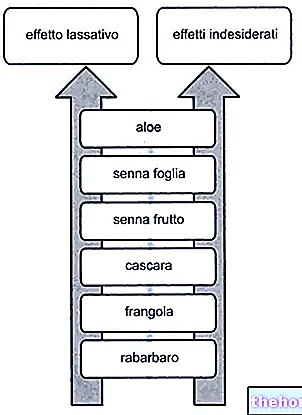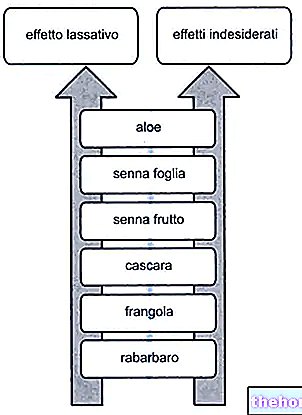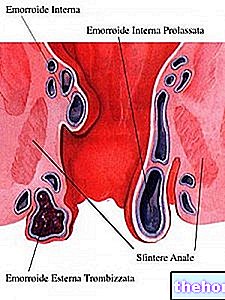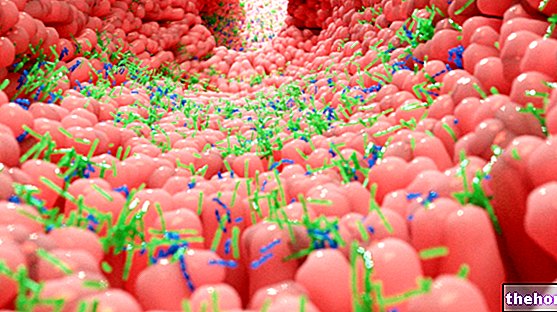Diverticulitis and irritable bowel syndrome
Diverticular disease can cause disorders not directly related to inflammation but caused by the alteration of the functionality of the colon (changes in motility and bacterial flora). The microorganisms that populate the colon can in fact increase going to contaminate the small intestine where they accelerate the putrefactive and fermentative phenomena. The results of these processes are abdominal swelling (what in medical terms is called meteorism) and the appearance of disorders of the " alvo (diarrhea alternating with constipation).
This results in a very frequent and underdiagnosed condition called "bacterial contamination syndrome of the" small intestine. "The bacteria that migrate from the colon to the small intestine in turn begin to use nutrients early, giving rise to a condition called irritable bowel characterized by meteorism , abdominal pain and diarrhea.
Before giving the diagnosis of irritable bowel, it is necessary to exclude all other forms with similar symptoms such as diverticular disease.
The patient suffering from irritable bowel does not always develop diverticula. However, these people often follow an unbalanced diet that can predispose them to diverticulitis.
Diverticulitis and colon cancer
There are no data to support an increased risk of colon cancer in patients with diverticulosis. For a number of reasons, however, those suffering from diverticulitis indirectly run a slightly greater risk than the healthy population:
- both diseases have common risk factors such as diet and lifestyle
- the early symptoms of colon cancer are the same as those of diverticulitis and this, of course, could slow down the diagnosis. In fact, the patient may not give too much weight to the typical alarm symptoms of colon cancer (such as a small intestinal bleeding), hesitating to perform a check-up visit
- Diagnosing colon cancer may be more difficult for people with diverticulitis. Diverticular disease often becomes complicated in peridiverticulitis giving rise to small adhesions that could obscure the presence of a small polyp
Diagnosis
Since diverticulosis is a typical disease of the colon, the examination of choice is endoscopy. However, in the case of acute diverticulitis, colonoscopy is contraindicated (it would risk perforating the diverticula) and the radiological examination (double-contrast barium enema with Barium) is of great value.
The CT scan, on the other hand, is able to provide very important information on the possible presence of associated diseases (such as colon cancer).
Given that only 10-15% of patients with diverticulosis suffer from diverticular disease, a diagnosis of diverticula should not worry us at all. If anything, it should be interpreted as a warning to adjust and improve our diet and lifestyle.
The video capsule, one of the most recent marvels of science, is particularly useful for studying the small intestine but not the colon, since due to the larger diameter of the digestive tract it is "tossed" along its path, preventing a precise exploration of the organ.
Other articles on "Diverticulosis, Irritable Colon and Colon Cancer"
- Diverticulitis diverticulosis diverticula
- Diverticulosis and diverticulitis: diet and treatment
- Diverticulitis - Drugs for the treatment of Diverticulitis




























